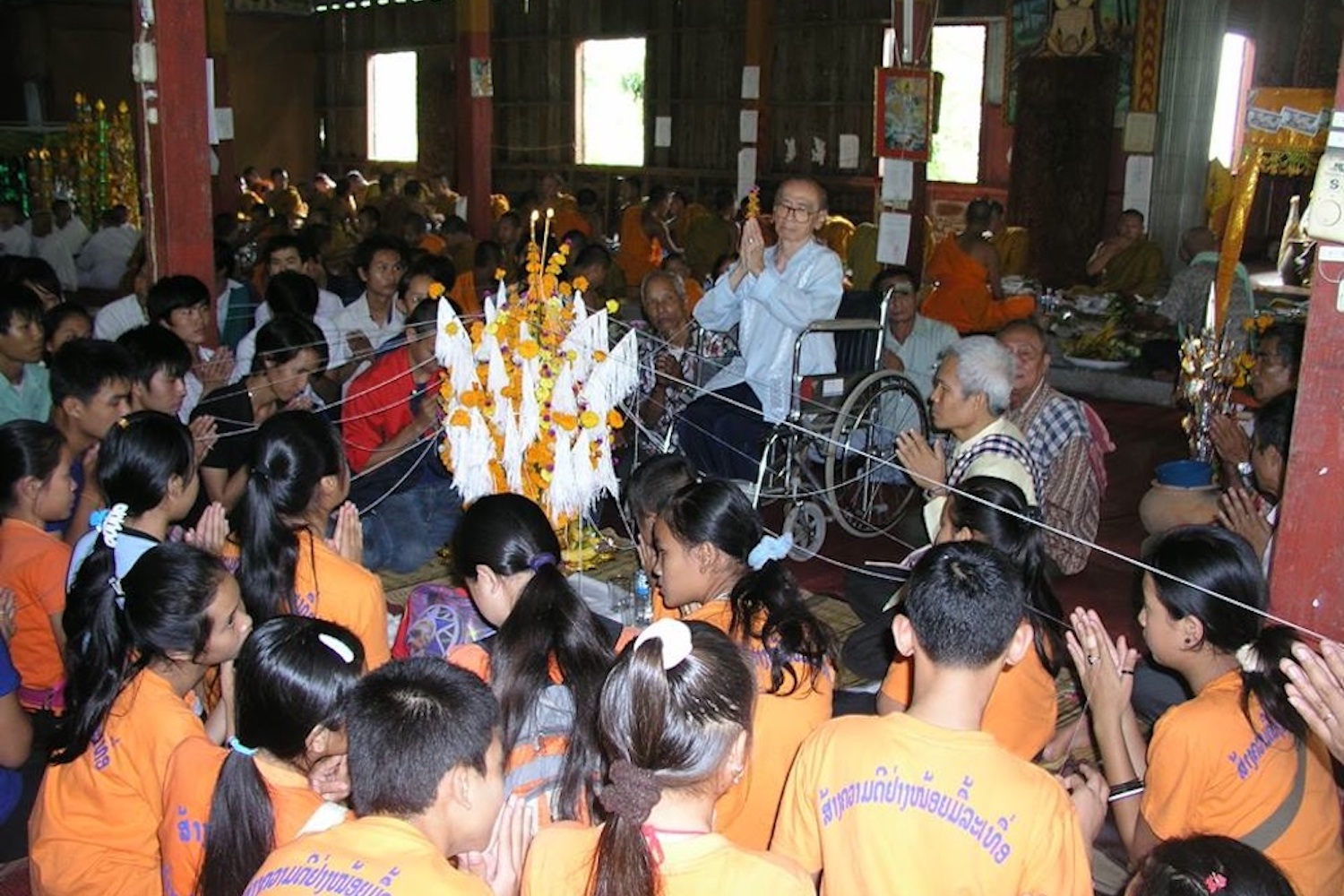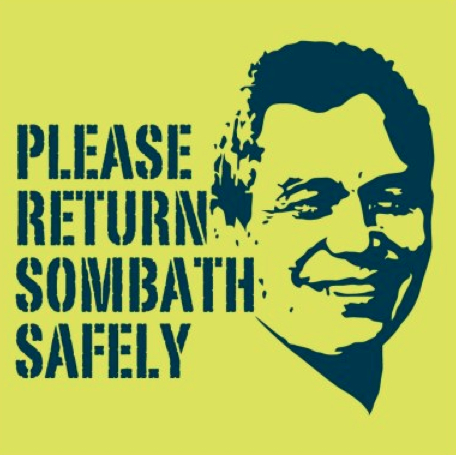Introduction
 The ASEAN Charter provides that all Member States shall take turns in acting as Chair of the ASEAN. The chairmanship of ASEAN rotates annually, based on the alphabetical order of the English names of Member States.
The ASEAN Charter provides that all Member States shall take turns in acting as Chair of the ASEAN. The chairmanship of ASEAN rotates annually, based on the alphabetical order of the English names of Member States.
There were instances in the past, however, when Member States switched turns or did not take a turn in the rotation. For instance, Myanmar did not take a turn as ASEAN Chair from 2006 to 2014. It was reported that Myanmar feared Western countries could boycott meetings held there and cause the country to gain bad publicity. In 2011, Indonesia switched places with Brunei because it did not want to be swamped with organizing too many meetings in 2013 as they were scheduled to also host the Asia-Pacific Economic Cooperation (APEC) meetings in the same year.
In 1976, Indonesia became the first Chair of the ASEAN. Malaysia was the previous chair, and Lao PDR took this role in 2016. Continue reading “What is…the Role of the ASEAN Chair?”







 The disappearance of respected agronomist and community leader Sombath Somphone in 2012 alerted the international community to Vientiane’s problematic rights record.
The disappearance of respected agronomist and community leader Sombath Somphone in 2012 alerted the international community to Vientiane’s problematic rights record.
 In his
In his 